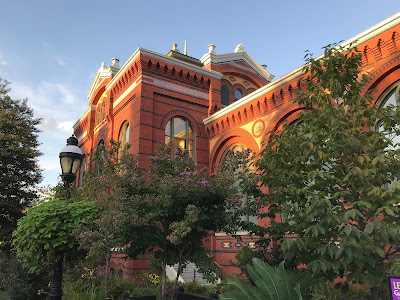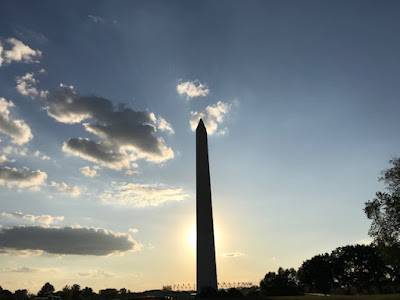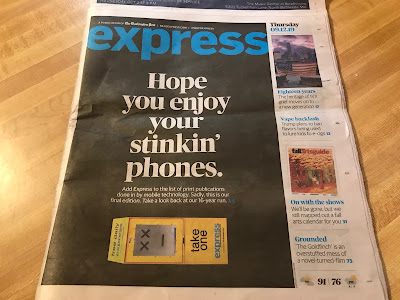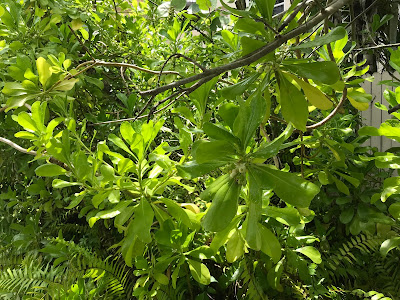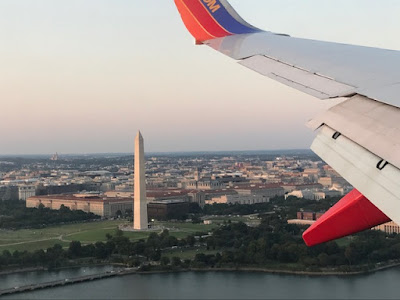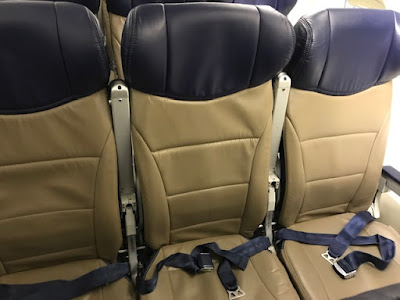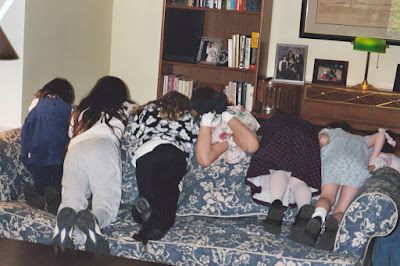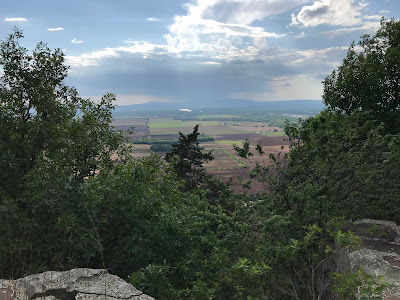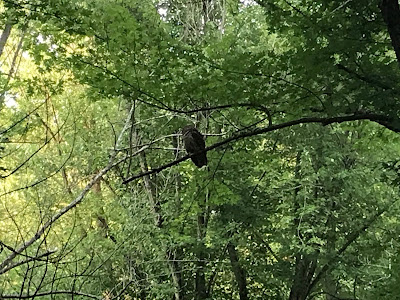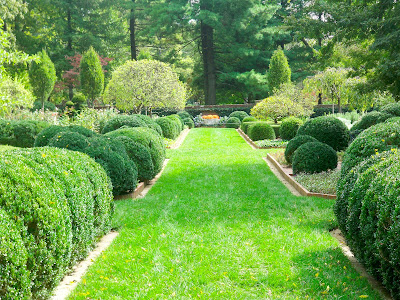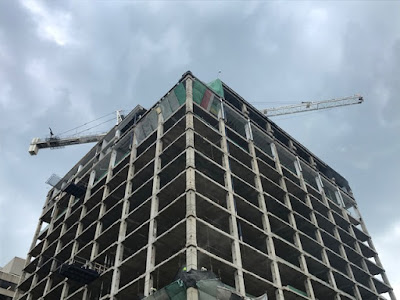The Golden Hour
I almost bailed at the last minute. Standing on the platform in Crystal City, worn out from the usual, I almost jumped on the Blue Line train, which would have connected me to the Orange Line and home.
But I stuck to the plan I’d come up with earlier, which was to drain the last drop from the day, to walk around D.C. in the “golden hour,” the one favored by photographers, when light slants low and fetchingly across the landscape.
So I hopped on a Yellow Line train, rode a few stops north into the District, and exited at L’Enfant Plaza. I strolled east down the Mall toward the Capitol, then pivoted and walked west, directly into the setting sun. I missed the bustle of the lunchtime crowd, but the light made up for it.
It created an aurora behind the Monument, dramatic and striking. But I preferred what it did to the red sandstone of the Smithsonian castle, how it warmed and illuminated it, changing it from dour to delightful.
Ambling through the Enid Haupt Garden with its orchids, magnolias and dhobi trees, I felt like I was in some Mediterranean palace. The red stone was terra-cotta and the splash of the fountain was the distant sigh of the sea.
